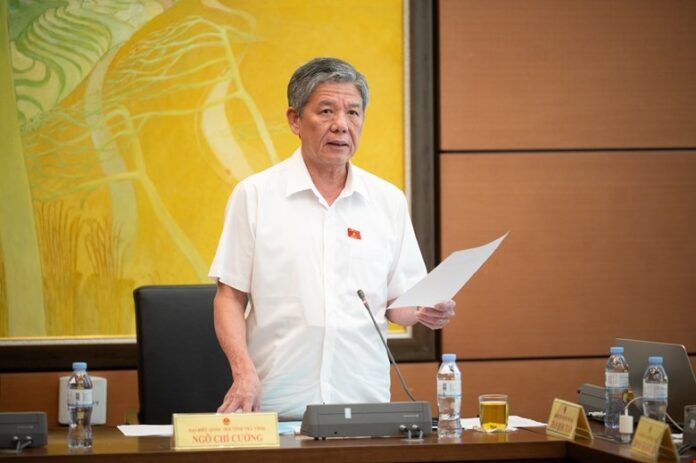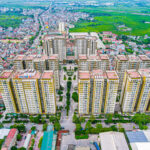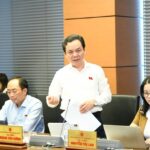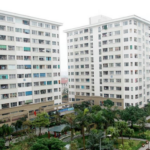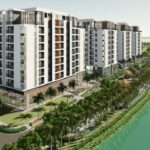**Proposed Reduction in Interest Rates for Social Housing Loans**
The National Assembly’s resolution on piloting several mechanisms and special policies for social housing development aims to expedite the process and shorten the investment construction time. It provides a comprehensive, unified, and consistent legal framework, addressing challenges in constructing and developing social housing to meet the rapid development demands.
During the group discussion on May 21st, Delegate Ngo Chi Cuong, Secretary of the Tra Vinh Party Committee, pointed out that the draft has yet to mention the buyers and renters of social housing—the very individuals who are supposed to benefit from these policies.
“There are localities that build social housing, but low-income workers and those who are supposed to benefit from these policies cannot afford to buy them,” said Mr. Ngo Chi Cuong, illustrating the current situation.
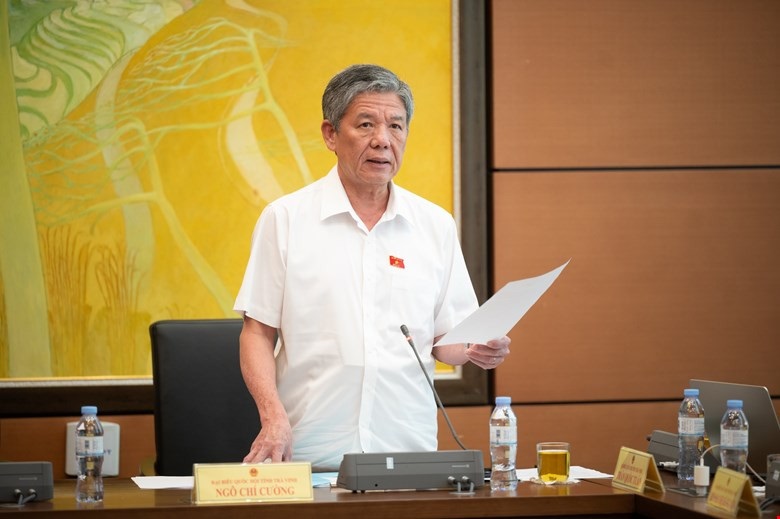
National Assembly Delegate Ngo Chi Cuong. Source: QH
|
Mr. Cuong attributed this to the workers’ insufficient income. In Tra Vinh, for instance, a completed social housing unit is priced at VND 9 million per square meter. With a typical apartment size of around 50 square meters, the unit price ranges from VND 400 million to VND 500 million. If one takes out a 20-year bank loan, they must pay a monthly principal amount of VND 3 million, excluding interest.
Considering an average income of VND 7 million per month, setting aside VND 3 million for debt repayment is a substantial amount (accounting for 43% of income). Consequently, workers may struggle to afford their living expenses.
Moreover, with a loan of VND 400 million, the borrower also has to pay approximately VND 2 million in interest each month, bringing the total monthly bank payment to over VND 5 million.
Currently, the interest rate for social housing loans is about 6% per annum—the lowest rate available. This is equivalent to the interest rate for production loans offered to poor households.
However, according to Mr. Cuong, the production loans taken by poor households are usually small, ranging from VND 50 million to VND 100 million. These loans are also expected to generate income and profits for repayment. In contrast, social housing loans are more substantial but do not create a cash flow for repayment.
“Even though the interest rate for social housing loans is the same as for production loans for poor households, I believe it is still inappropriate. Therefore, to support low-income workers in renting or buying social housing, a lower interest rate is necessary,” suggested the Secretary of the Tra Vinh Party Committee.
Strict Control to Prevent Policy Abuse
Delegate Ha Quoc Tri, Vice Secretary of the Khanh Hoa Party Committee, noted that social housing projects have encountered numerous obstacles in their implementation, while the demand for affordable housing among low-income earners remains high.
However, a paradox exists in some localities: completed social housing projects remain unoccupied. Mr. Tri recommended a comprehensive evaluation to understand why people are not buying or moving into these vacant properties.
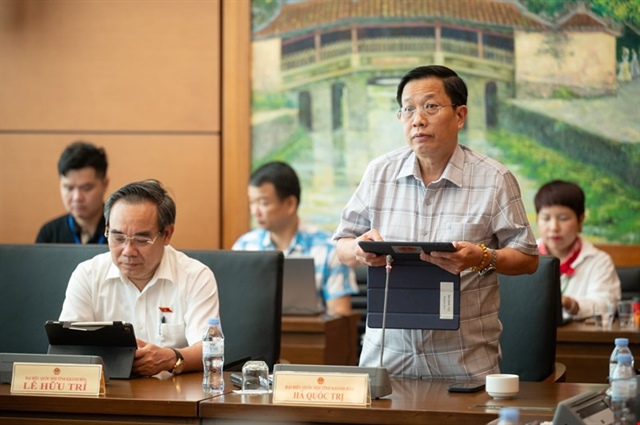 National Assembly Delegate Ha Quoc Tri. Source: QH |
“If the policy is too restrictive, workers won’t be able to access housing. But if it’s too open, we may see cases of completed houses remaining uninhabited,” said Mr. Tri, emphasizing the possibility of policy exploitation.
Therefore, he suggested that the drafting agency design regulations with comprehensive control measures while maintaining a flexible mechanism to attract investment and develop social housing that meets practical needs.
“To prevent abuse, I propose adding a clause assigning the Government the responsibility of controlling the implementation to avoid policy exploitation. Without tight control, it will be challenging to handle the situation once the State Audit Office gets involved, as the project would have already been completed and handed over,” Mr. Tri warned.
Earlier, on May 20th, Minister of Construction Tran Hong Minh presented the draft resolution of the National Assembly on piloting several mechanisms and special policies for social housing development.
According to Minister Minh, the resolution aims to create more attractive mechanisms to encourage enterprises to invest in building social housing, thus promoting the progress of housing development for low-income earners.
Additionally, the resolution has a dual impact: it enables low-income citizens to access suitable housing and contributes to achieving the goal of the project “Investing in building at least 1 million social housing units for low-income earners and industrial zone workers in the period of 2021-2030.”
Tuan Nguyen
– 19:28 21/05/2025
“Luxury Apartments: Prime Location, Unbeatable Price”
The Phu Lam Social Housing Project is an exceptional initiative offering a unique opportunity for individuals to own affordable homes. With prices at an incredible rate of less than 14 million VND per square meter, this project is a rare gem in the real estate market, boasting rates three times lower than those advertised by competitors. This project stands out as one of the few qualified projects accepting applications for social housing purchase after a 5-year rental period.
Unlocking $6 Quadrillion: The Key to Unlocking Vietnam’s Real Estate Conundrum
National Assembly Deputy Hoang Van Cuong has proposed a bold idea to unlock nearly VND 6 quadrillion from over 2,200 stagnant real estate projects. By addressing the challenges faced by these ventures, Cuong believes that Vietnam can harness a significant source of capital to fuel its ambitious growth target of 8% in 2025. This innovative approach has the potential to revolutionize the country’s economic landscape, offering a new avenue to fund infrastructure development and stimulate economic growth. The question now is: will this proposal gain traction and shape Vietnam’s path toward a brighter economic future?
Social Housing Loan with Zero Disbursement in Quang Binh
Despite the efforts of the Social Policy Bank (SPB) – Quang Binh branch, to promote and facilitate social housing loans, there has been a notable lack of uptake in the region. The bank’s social housing loan package has seen zero disbursements, with only sporadic individual borrowers seeking funds for construction and home repairs.

